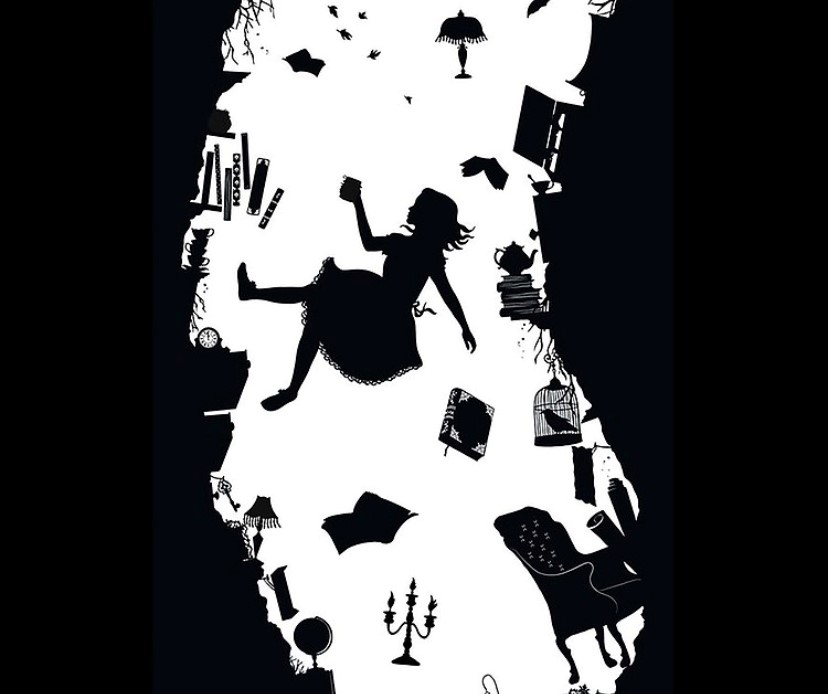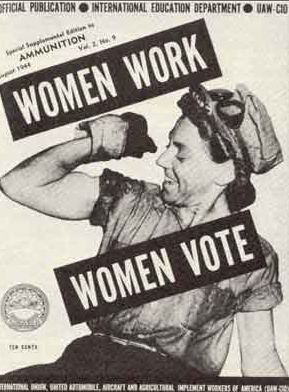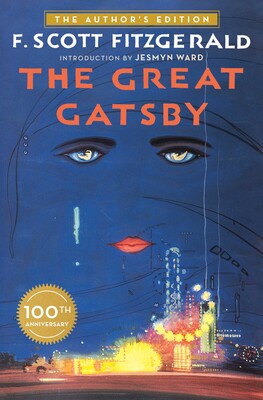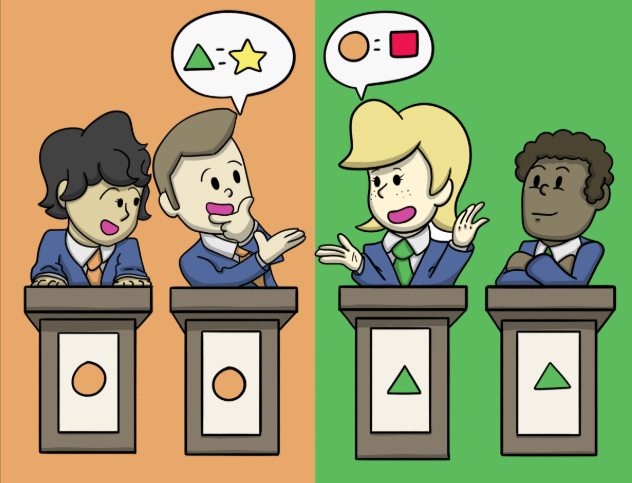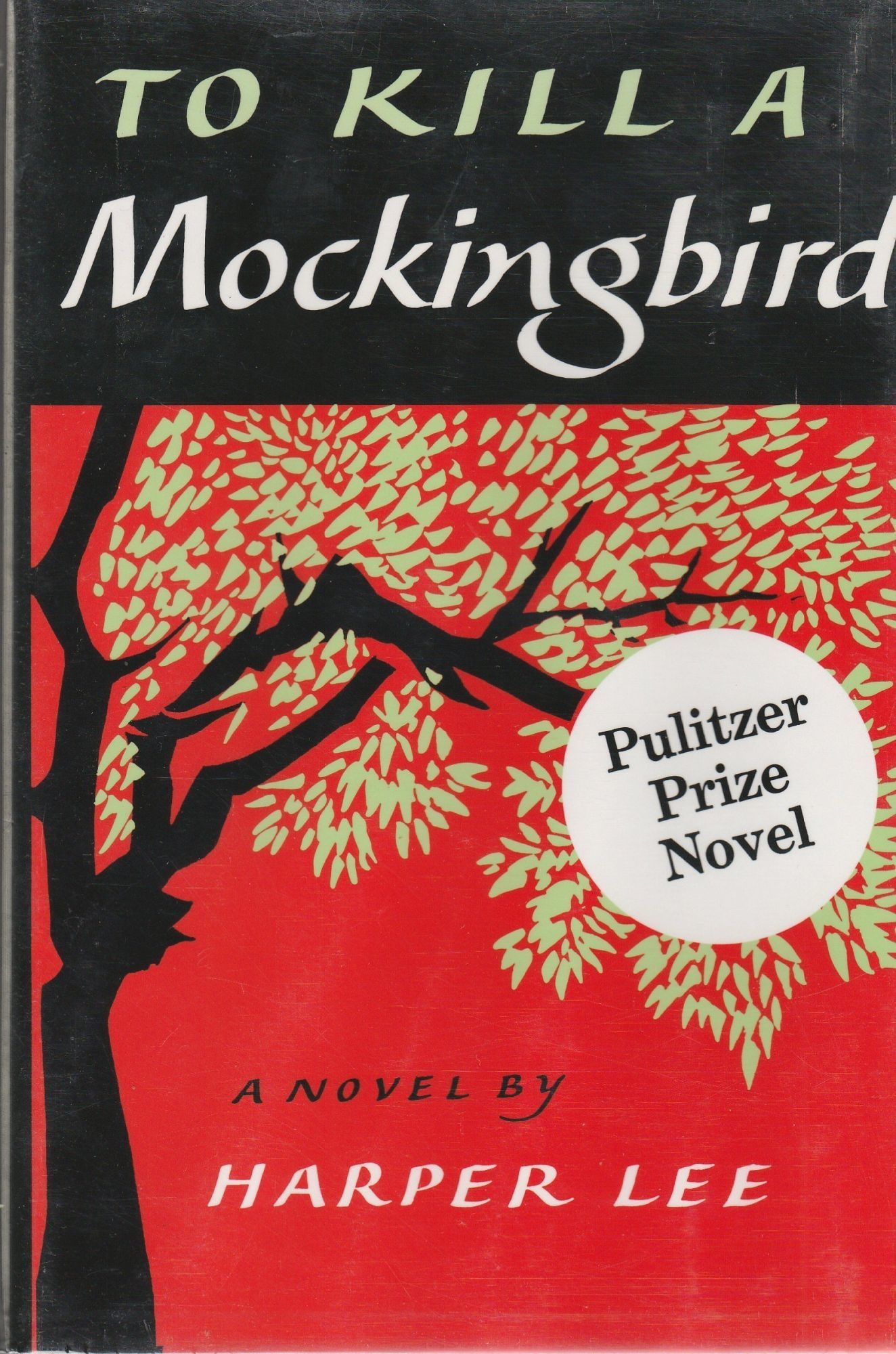
Cours Magistral de Sandrine ORIEZ : Le syntagme verbal (Programme de L3 permettant la préparation du CAPES)
- Учитель: Anne-Laure Besnard
- Учитель: Sandrine Oriez
- Учитель: Manon Philippe

TD de linguistique anglaise de Mme Besnard (Groupe 2 en 2025-26).
Compléments de cours et corrigés.
Compléments de cours et corrigés.
- Учитель: Anne-Laure Besnard
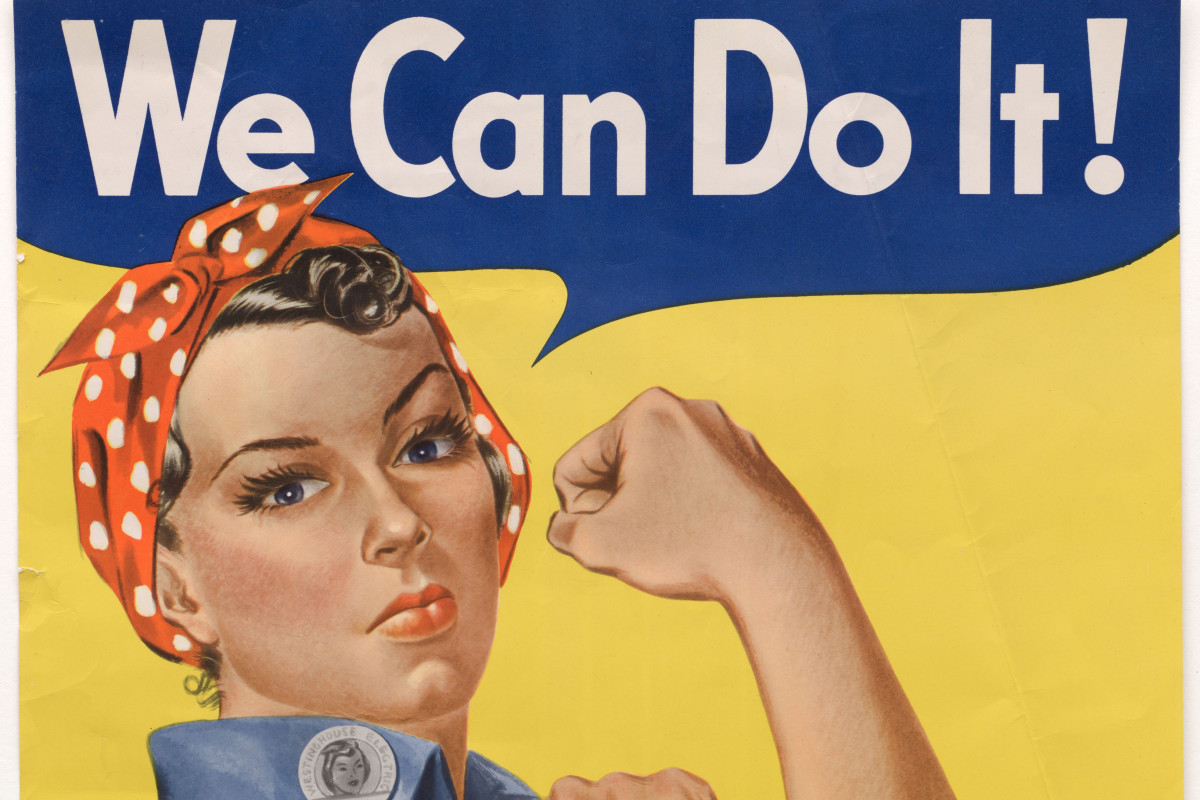
- Учитель: Manon Philippe
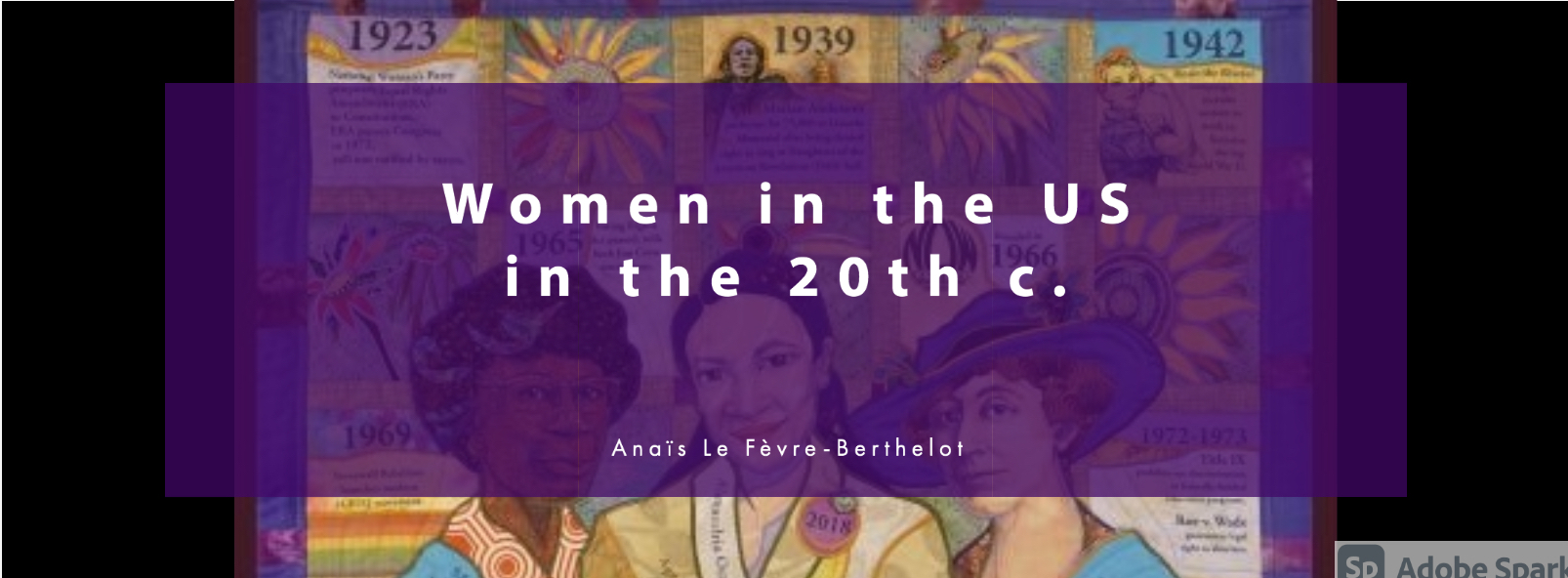
- Учитель: Anthony Larson
- Учитель: Anais Le Fevre-Berthelot
- Учитель: Gildas Le Voguer
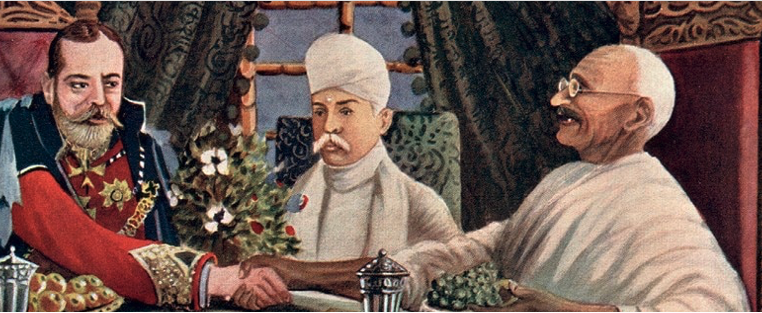
- Учитель: David Haigron

- Учитель: Manon Philippe

- Учитель: Anne-Laure Besnard
- Учитель: Manon Philippe
- Ассистент (без права редактирования): Anita Cornic

- Учитель: Delphine Lemonnier-Texier
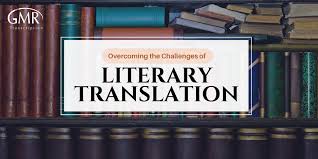
- Учитель: Delphine Lemonnier-Texier
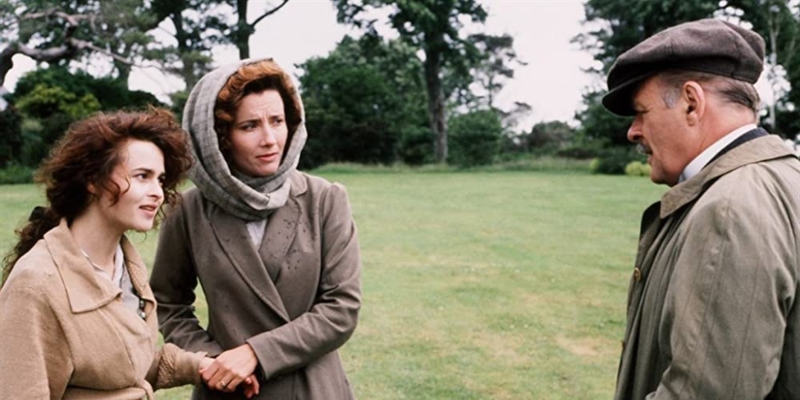
TD 3 w/ Maëlle Jeanniard du Dot
This module sets out to explore how the themes and issues raised by a major text of English literature, E.M. Forster’s 1910 novel Howards End, resonate throughout the literature of the 20th century as illustrated by any one of the indicated “companion texts” which take Forster’s classic novel as their intertext.
Core set text: FORSTER, E.M., Howards End (1910), Penguin Classics, with an introduction by David Lodge
Companion texts (instructors’ choice):
HOLLINGHURST, Alan, The Line of Beauty (2004), Picador, 2004 or;
LODGE, David, Nice Work (1988), Vintage 2011 or;
SMITH, Zadie, On Beauty (2005), Penguin, 2020.
-> This group studies On Beauty by Zadie Smith.
This module sets out to explore how the themes and issues raised by a major text of English literature, E.M. Forster’s 1910 novel Howards End, resonate throughout the literature of the 20th century as illustrated by any one of the indicated “companion texts” which take Forster’s classic novel as their intertext.
Core set text: FORSTER, E.M., Howards End (1910), Penguin Classics, with an introduction by David Lodge
Companion texts (instructors’ choice):
HOLLINGHURST, Alan, The Line of Beauty (2004), Picador, 2004 or;
LODGE, David, Nice Work (1988), Vintage 2011 or;
SMITH, Zadie, On Beauty (2005), Penguin, 2020.
-> This group studies On Beauty by Zadie Smith.
- Учитель: Maelle Jeanniard Du Dot
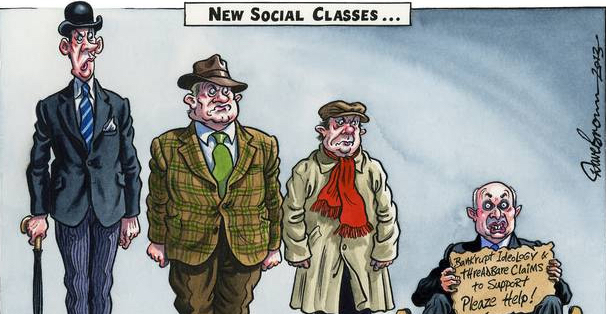
This course will examine the events and social phenomena that have transformed British society since WW2 and contributed to shape its contemporary identity: post-war reconstruction and “consensus”, the setting up and subsequent reform of the Welfare State, decolonisation and the successive waves of immigration from former colonies, the challenge to traditional class and/or gender (collective) identities and categorisations, etc. These themes will be tackled through the study of various primary sources (texts, images, audiovisual documents) and students will be asked to produce written and oral analyses.
- Учитель: Aurore Caignet
- Учитель: David Haigron
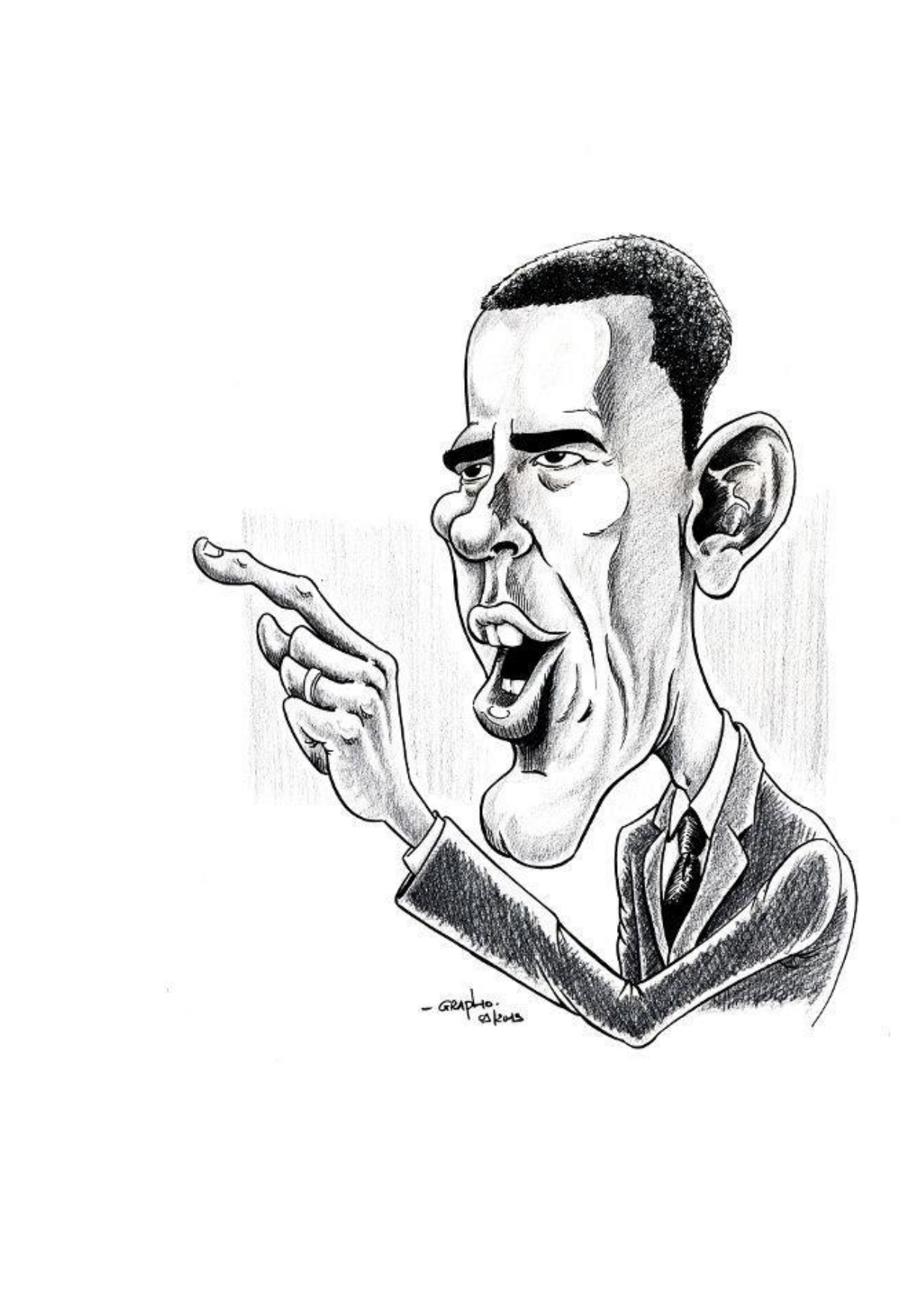
The publication in 2020 of A Promised Land, the first volume of Barack Obama’s presidential memoirs, gives us the opportunity to study the presidency of the first African-American president in the history of the United States of America. His election was hailed by most political pundits as the start of a major transformation of America. First of all, some argued that his presidency was going to pave the way for the emergence of a post-racial America. However, the fact that he had to deliver a speech on race in Philadelphia during the campaign was an indication that racial issues remained highly sensitive. Once he was elected, he was faced with very serious problems, starting with the economic crisis which hit the country in 2007 and the ongoing conflicts in Afghanistan and Iraq. The purpose of this course is to study the landmark moments of Obama’s presidency to evaluate whether he was a transformative president or merely a pragmatic one.
- Учитель: Gildas Le Voguer

- Учитель: David Haigron
- Учитель: Maggy Hary-Moussay
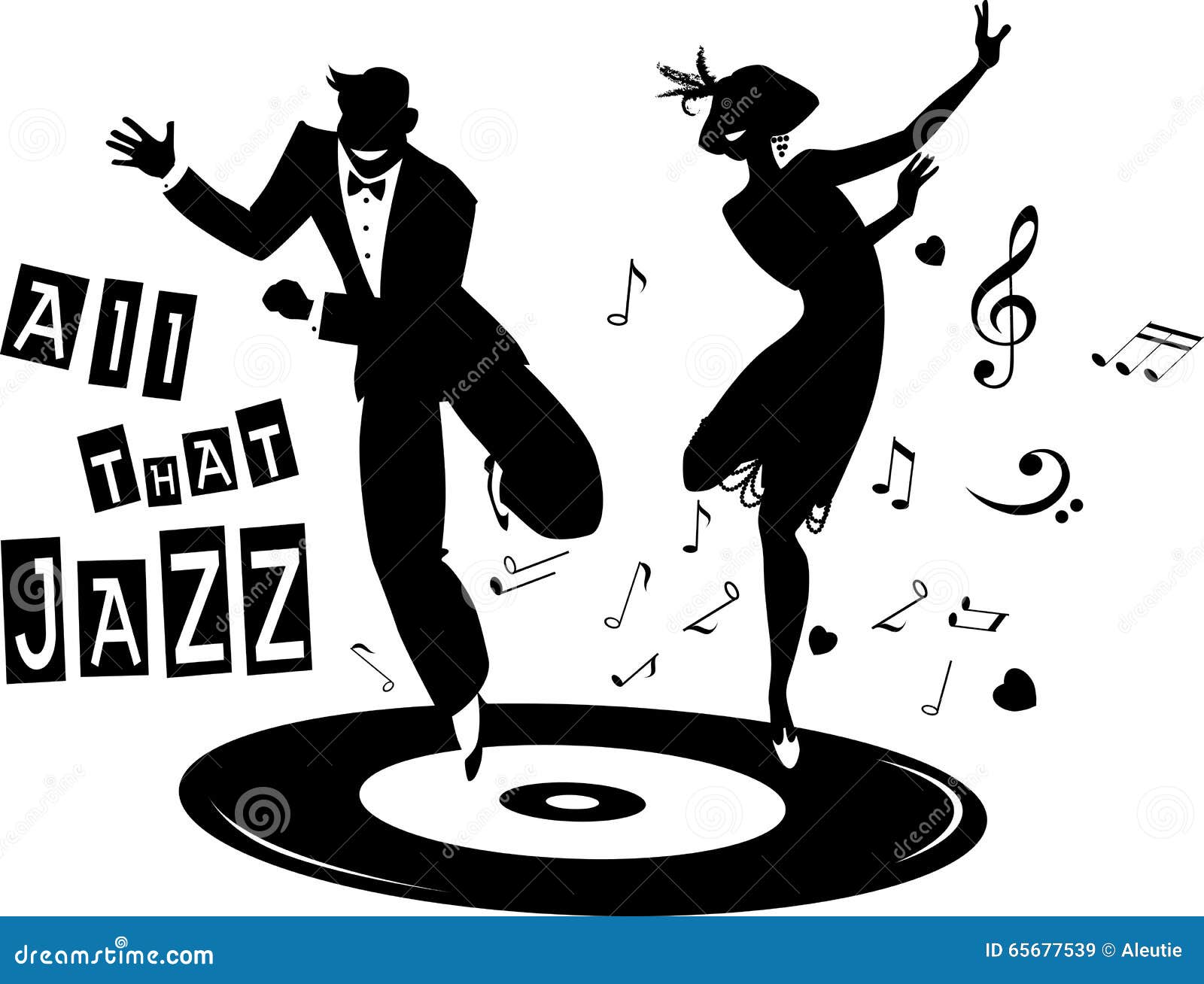
Civilisation des États-Unis - The 1920s – Licence 3 –
The 1920s, often called the Roaring Twenties, was a decade of change and tension. It was an age of mass production and mass consumption, which meant progress but also social anxiety. The rapid industrialization and urbanization of the country led to economic prosperity but the decade ended with a major economic crash in 1929. Social progress was genuine but reactionary forces fueled the Prohibition as well as the nativist movement and the rebirth of the Ku Klux Klan. In addition to that, the fear that Communism and Socialism might spread in the United States led the government to take drastic measures, curtailing freedom of expression. The 1920s was a contrasted era, a decade of reform and reaction.
Frederick Lewis ALLEN, Only Yesterday: An Informal History of the 1920’s, New York, HarperCollins, Perennial Classics, [1931] 2000.
André KASPI, Les États-Unis au temps de la prospérité, 1919-1929, Paris, Hachette, 1994.
Sylvia LE BARS, The American Twenties, PUR, 1993
The 1920s, often called the Roaring Twenties, was a decade of change and tension. It was an age of mass production and mass consumption, which meant progress but also social anxiety. The rapid industrialization and urbanization of the country led to economic prosperity but the decade ended with a major economic crash in 1929. Social progress was genuine but reactionary forces fueled the Prohibition as well as the nativist movement and the rebirth of the Ku Klux Klan. In addition to that, the fear that Communism and Socialism might spread in the United States led the government to take drastic measures, curtailing freedom of expression. The 1920s was a contrasted era, a decade of reform and reaction.
Frederick Lewis ALLEN, Only Yesterday: An Informal History of the 1920’s, New York, HarperCollins, Perennial Classics, [1931] 2000.
André KASPI, Les États-Unis au temps de la prospérité, 1919-1929, Paris, Hachette, 1994.
Sylvia LE BARS, The American Twenties, PUR, 1993
- Учитель: Gildas Le Voguer

- Учитель: Niall Murphy
- Учитель: Anita Cornic
- Ассистент (без права редактирования): Anne-Laure Besnard
- Ассистент (без права редактирования): Ellen Mary Fitzgerald
- Ассистент (без права редактирования): Sophie Forsdick
- Ассистент (без права редактирования): David Haigron
- Ассистент (без права редактирования): Maggy Hary-Moussay
- Ассистент (без права редактирования): Delphine Lemonnier-Texier
- Ассистент (без права редактирования): Sandrine Oriez
- Ассистент (без права редактирования): Sebastian Jesus Sanchez Carrera
- Ассистент (без права редактирования): Aliette Ventejoux
- Ассистент (без права редактирования): Brian Wilson
- Учитель: Anita Cornic
- Ассистент (без права редактирования): Anne-Laure Besnard
- Ассистент (без права редактирования): Ellen Mary Fitzgerald
- Ассистент (без права редактирования): Sophie Forsdick
- Ассистент (без права редактирования): David Haigron
- Ассистент (без права редактирования): Maggy Hary-Moussay
- Ассистент (без права редактирования): Delphine Lemonnier-Texier
- Ассистент (без права редактирования): Sandrine Oriez
- Ассистент (без права редактирования): Manon Philippe
- Ассистент (без права редактирования): Sebastian Jesus Sanchez Carrera
- Ассистент (без права редактирования): Aliette Ventejoux
- Ассистент (без права редактирования): Brian Wilson

- Учитель: Aurore Caignet
- Учитель: David Haigron
- Учитель: Anthony Larson
- Учитель: Anais Le Fevre-Berthelot
- Учитель: Manon Philippe
- Учитель: Maria Tang
- Учитель: Aliette Ventejoux
- Учитель: Audrey Verret
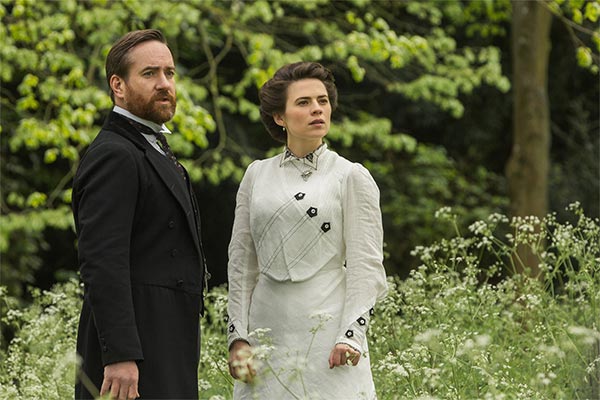
L3 TD groupe 2: Howards End / Nice Work (enseignante: Maria Tang)
- Учитель: Maria Tang
- Учитель: Adrian Morfee
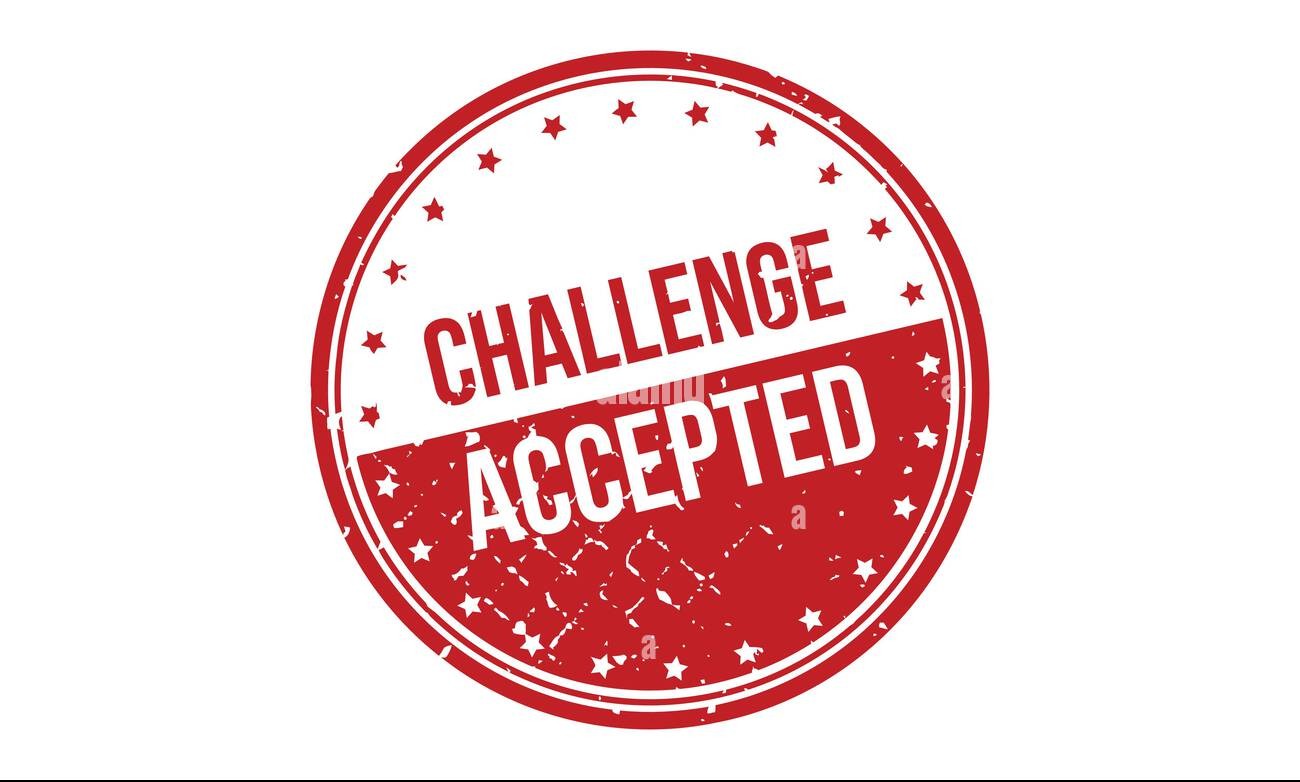
- Учитель: Anne-Laure Besnard
- Учитель: Sandrine Oriez
- Учитель: Manon Philippe

